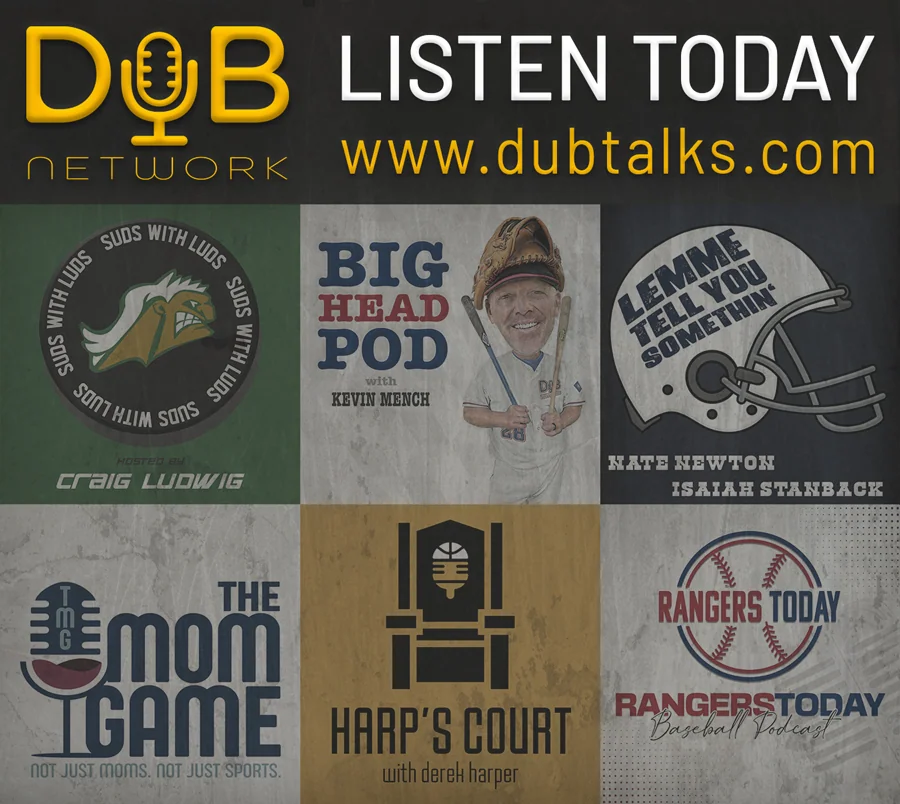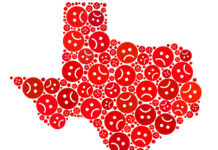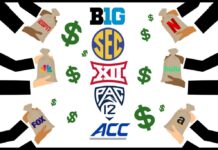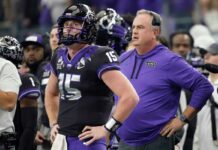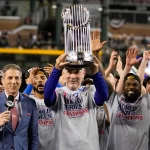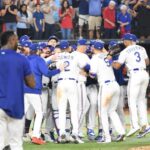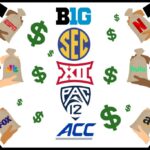There’s been a lot of controversy and debate lately about a basketball strategy that can be described as unsightly at best. Others might use a tad bit stronger language. Dubbed “Hack-a-Shaq” to the dismay of Shaquille O’Neal who would prefer this topic just disappear, it involves intentionally fouling an opposing player away from an occurring play, stopping any potential fast break points and putting a “free throw challenged” player on the line. Last night’s version saw the L.A. Clippers’ DeAndre Jordan sent to the line by the Houston Rockets 34 times….I’ll say that again…34 times, and 28 times in the first half alone. Jordan proceeded to make only 14 of his attempts, and yet the Clippers still rolled over the Rockets 128-95.
Most free throw attempts in NBA postseason history:
2000 Shaquille O’Neal 18-39
2015 DeAndre Jordan 14-34
1953 Bob Cousy 30-32
1989 Michael Jordan 23-28
In the Clippers’ possessions following Jordan’s free throw attempts the Rockets only scored 17 points, just 3 points more than Jordan sank at the line, so the Rockets obviously didn’t get the advantageous results they desired. “We were just trying to see if we could muck up the game a little bit,” Rockets’ coach Kevin McHale said. “We didn’t.”

In the Clippers’ preceding series, Spurs head man Gregg Popovich tried the same strategy on Jordan. In Game 5 Jordan was continually sent to the line and went 7-16 before he was eventually pulled by his coach Doc Rivers. Jordan shot 10 of his free throws in a 1:47 stretch of the third quarter that took an anguishing 9½ minutes to play in real time, and was intentionally fouled more times in the Clippers-Spurs series (30) than all players in either the 2013 (17) or 2014 (15) postseasons.
The controversial strategy slows down the game and prevents fast break points and transition opportunities (where the league’s best players can shine), and from an entertainment standpoint it’s almost unwatchable. Before Game 7 of the series even it’s most frequent user Popovich said about the strategy, “If someone has a weakness, you exploit it, so intellectually I don’t feel bad about it but sight-wise it’s god-awful.” Oh, and the Spurs lost the series anyways.
NBA commissioner Adam Silver has concerns about the seemingly constant intentionally fouling as well. “It’s something that I’m on the fence about,” Silver said. “My thought used to be that we should definitely change the rule, and then having sat through several general managers meetings, competition meetings and having heard from some of the game’s very best, the view is the players should hit their free throws. That’s changed my view a little bit. Having said that, when I watch some of these games on television, frankly, it’s not great entertainment for our fans, and that’s important as well.”
Ideas on rule changes to eliminate the strategy from the game include things such as an immediate technical foul which would allow any player on the court to take the initial free throw, giving the ball back to the offensive team after the free throws are taken, and even giving a “super-bonus” that would give extra free throws when teams exceed a certain number of fouls each quarter. Any such change in the basic structure of the game seems to me as rewarding those that can’t do, no different than making goal posts wider for kickers that aren’t as skilled as their opponents. But I do understand why the conversations are occurring.
So why do coaches continue to roll out something that is generally bad for the game, hated by anyone questioned including players, and has not proven to be an effective strategy as far as wins and losses go? Good question. A better question might be how can a professional basketball player that has had years upon years to practice shooting free throws be so God-awful at it?


